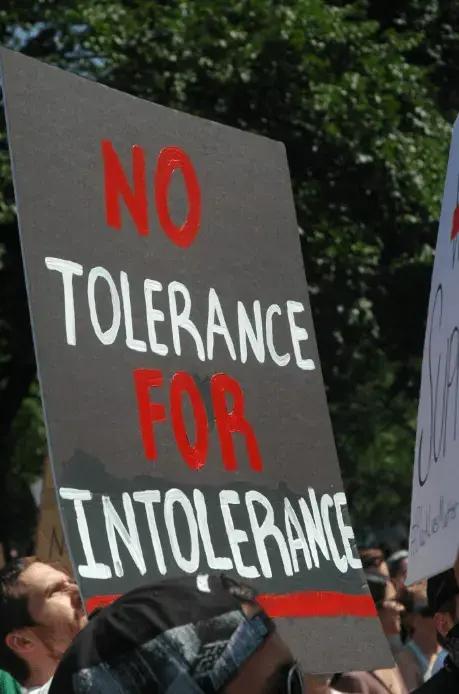For those who somehow haven't seen the SOGI acronym before (like myself): Sexual Orientation, Gender Identity.
Parenting
A community for parenting and parenthood.
This community's icon was made by Aaron Schneider, under the CC-BY-NC-SA 4.0 license.
Ask your children. Ask them what they think about handling birthday parties, playdates, etc. Your children share your values and so will have a more clear idea about how to navigate their friendships. In this, you'll be polishing their rough plan, but they are the best ones to come up with a rough plan.
Remember when the ontario government spent millions on updating the sex ed program to be more inclusive (and include new information about online safety). But because some provincial conservative party members didn't like the new sexual orientation/gender education Ford ditched the new program in favour of the 1998 guidelines?
Can't directly advise, but when I was a kid and I had queries about stuff, my mother was great at explaining in ways which also encouraged me to weigh up what she was saying, and to evaluate all of it in light of the basic idea of treating everyone well & letting everyone do their thing, but having firm boundaries against hateful behaviour.
Anyhow, once she was happy that I'd got why it is totally cool to not be compliant with whatever social norm, she'd usually suffix it with a bit about "not everyone believes that". Somehow that was always put, yes as a heads' up, but mostly as a "you might want to reflect on stuff, and how to handle that when you come across it".
To this day, I don't think we've ever disagreed when it comes to views, nor on the impact of bigotry & similar hatreds, but she tends to think I don't give enough scope for the possibility that a given bigot could be misguided, and I tend to think she's a bit too willing to hope for same (with the proviso that I feel I'm already too willing to assume the least bad). We get very fiery on this at times!
I ramble.
Point is, if you're talking to your children, and they're engaging with ideas about the world and people in general, they can hang out in a bigot's house or even with children who have absorbed bigoted views, and not be at any risk of becoming a bigot. Were there such a risk, then there'd be an equal risk that the bigots' children would develop healthy views by playing in your home with your children...
Really, the issue here is that at some point the kids could disagree to the point that they fall out. This would be painful for them, and emotive for all sets of parents, but a normal part of being human and learning how to weigh one's own values against one's own social needs. Meantime it is of course uncomfortable for you to drop your kids off to this house, and maybe moreso if you must make polite talk with the adults, but you're not endorsing the parents' views or the culture of that household - you're only endorsing your child's relationship with their child, and only as it currently stands. If that relationship changes, or you feel it is no longer safe for your children or you to interact with that family, then you change what you do accordingly.
